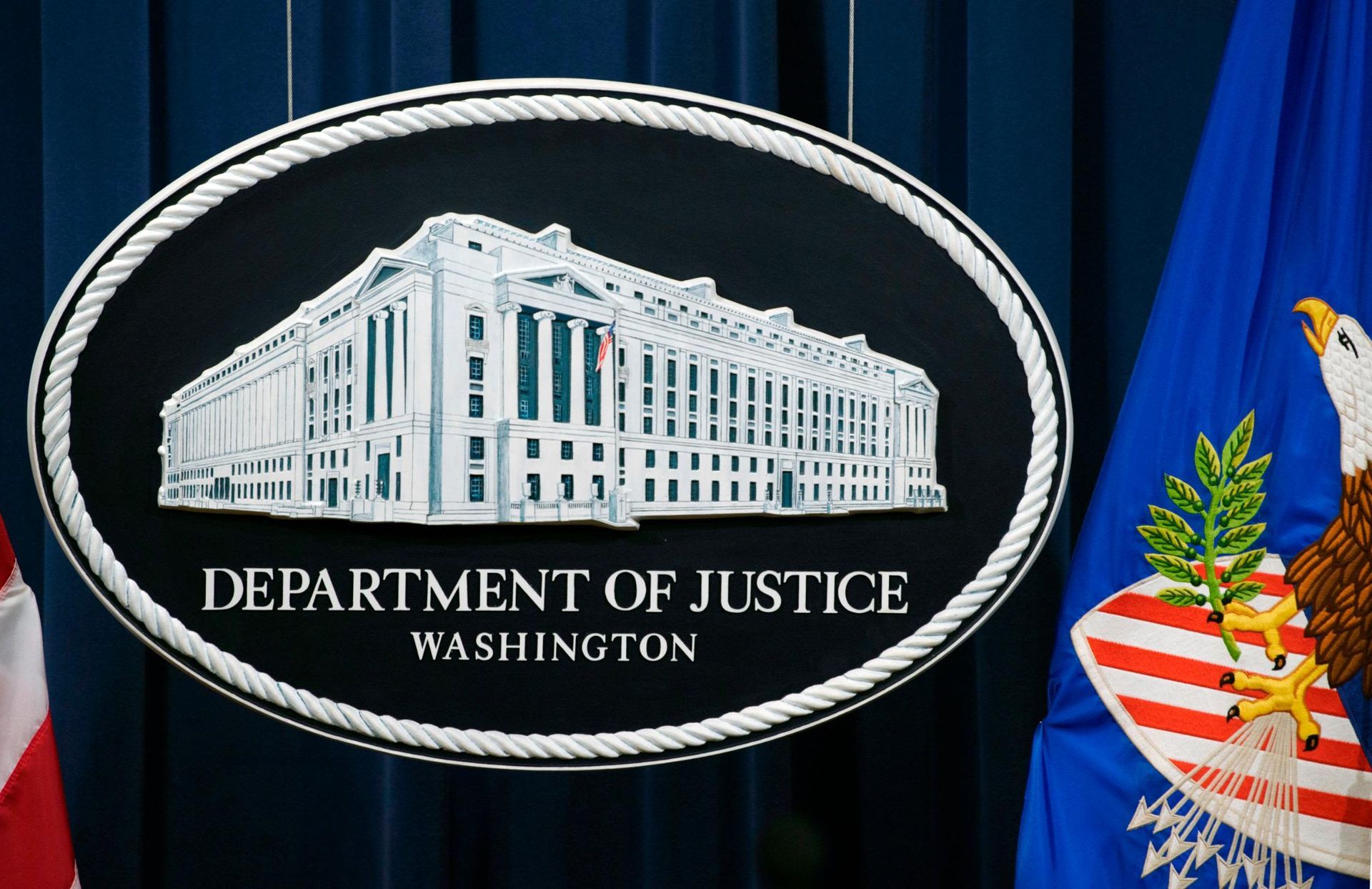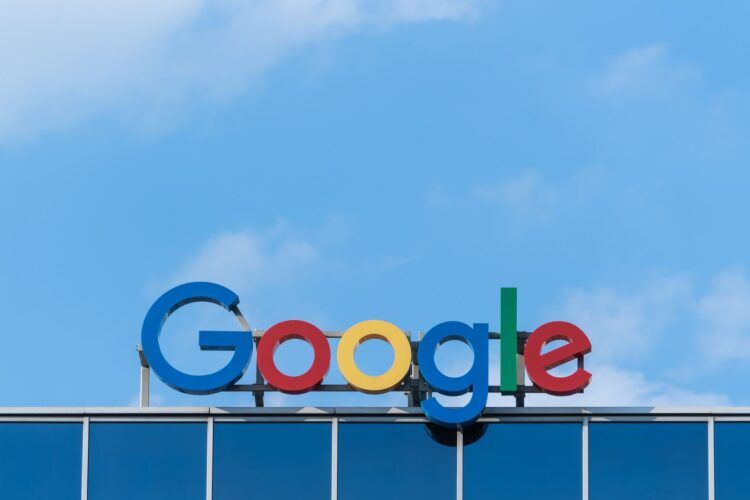In a pivotal legal showdown, within the Google antitrust lawsuit 2023, the US government and several states are accusing Google of wielding its immense influence as a monopoly in the realm of online search services.
This trial, the first of its kind against a tech giant in over two decades since the landmark case against Microsoft, will scrutinize Google’s alleged anti-competitive practices.

What exactly is Google antitrust lawsuit 2023 about?
Google’s dominance in the search engine market is staggering, holding a whopping 90 percent share in the United States and 91 percent globally, according to Similarweb. This pervasive influence extends to its forays in advertising, cloud computing, and the video-streaming behemoth, YouTube.
At the crux of the matter are claims that Google unlawfully employed partnerships with phone manufacturers and internet browser companies to marginalize competing search engines. Agreements with industry giants like Apple, Samsung, and Mozilla ensured that Google became the default search engine on billions of devices, thwarting potential rivals like Microsoft Bing and DuckDuckGo from gaining significant traction.
The Justice Department further contends that Google’s practice of preloading its services on devices using its Android software unfairly bolstered the company’s monopoly status.

Google staunchly maintains that its business practices are not only legal but also routine. The company likens its agreements with platforms like Apple’s Safari and Mozilla’s Firefox to a cereal manufacturer paying for premium shelf space in supermarkets. Google also argues that it faces robust competition in the online search sector, citing entities like Amazon and TikTok as thriving alternatives.
To emerge victorious in this trial, the government must establish that Google indeed wields monopoly power in the relevant sectors. They will need to persuade the judge to adopt a stringent definition of a search engine and debunk Google’s assertion that e-commerce and social media platforms are part of the same market. Proving that Google’s agreements hindered competition and harmed consumers will also be central to the government’s case.
Should Google be found in violation of the law, the trial will proceed in two phases. First, the court will determine if Google indeed transgressed. If so, potential remedies will be deliberated. The specifics of these actions have not yet been disclosed by the Justice Department.

Google’s practices are under intense scrutiny and if the government prevails during the Google antitrust lawsuit 2023, it could reshape competition dynamics and potentially lead to more consumer choices. However, Google staunchly defends its practices, emphasizing consumer choice and competition in the online search sector. As the trial unfolds, it underscores a broader shift in how regulators grapple with the influence of tech giants, setting the stage for potential reforms and regulatory measures in the ever-evolving landscape of digital technology.
This landmark trial signifies a turning point in the battle to regulate the power of Big Tech. The outcome will not only impact Google’s business operations but will also set a precedent for future regulatory efforts in the tech industry. As the trial unfolds, it will be closely watched by industry experts, regulators, and the public alike, reshaping the landscape of technology and competition in Silicon Valley.
Featured image credit: Pawel Czerwinski / Unsplash





